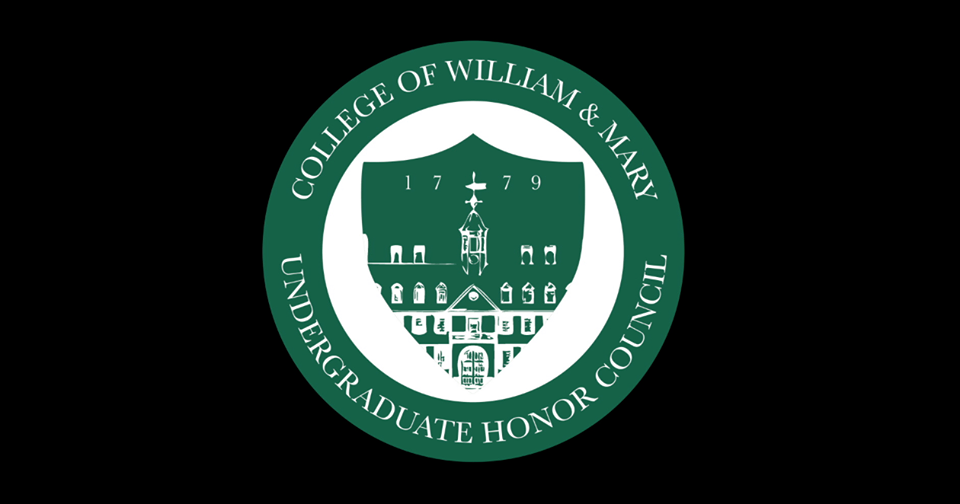Our climate for honor at William and Mary is unlike any other. Being fortunate enough to have served on the Council since my freshman year, I have been able to attend various out-of-state conferences, connecting with both undergraduate and graduate institutions.During my years on Honor Council, I have learned that not every school has an honor code. In fact, Harvard just instituted their first honor code a few years ago!
Boasting the oldest collegiate honor code, it comes as no surprise that the college stands without peer for our climate of integrity. We are fortunate to have honor deeply ingrained into our community; it is advertised on tours to prospective students, students are permitted to test with take-home exams, honor is even prevalent in private interactions. While we are by no means perfect, we serve as an example for so many colleges across the United States.
While we are by no means perfect, we serve as an example for so many colleges across the United States.
Delving into these imperfections in the realm of academic integrity, we as Honor Council recognize room for improvement. The most frequent violations we have seen over the past three years include cheating via unauthorized assistance or collaboration and cheating via plagiarism. Some common themes arise when reviewing these cases. For unauthorized assistance/collaboration, many violations occur surrounding perceived grey areas in class policy. In some cases students are hesitant to ask for clarification about what is allowed, and end up committing a violation without malicious intent. Others choose to help a friend out in a time of need, even when doing so may violate a prohibition on unauthorized assistance. In regards to plagiarism, the typical case involves paraphrasing without any citation, usually emerging in instances where one completes the assignment just hours before the deadline. No matter the violation, when a student comes before the council it is commonly the result of an impulsive decision, not a calculated or deceitful one. We see great students who make unfortunate mistakes.
No matter the violation, when a student comes before the council it is commonly the result of an impulsive decision, not a calculated or deceitful one. We see great students who make unfortunate mistakes.
So, there are easy ways for students to avoid potential honor violations:
(1) communication
Ask for your professor for clarification on syllabus policy, proper protocol, or anything regarding specific assignments. No question is a stupid question.
(2) Ask for extensions if you encounter difficulty.
Don’t be afraid to ask for extensions on assignments or turn them in a day or two late. It is better to act with integrity and receive a lower grade than to plagiarize an assignment in the hopes of meeting a deadline. Sacrificing your integrity and facing those set of consequences is much more severe than a bad grade. Professors here are extremely approachable and willing to grant extensions if circumstances allow. The College also has numerous resources to help you learn to manage time such as the workshops offered by Academic Enrichment.
William and Mary is full of students, professors, and faculty who act with integrity every day. We are lucky to live in a community of trust that is as strong as ours. As members of the tribe, we can continue to push each other to be better in all facets of our lives. The Undergraduate Honor Council invites you to learn more about our honor system, celebrate those who live honorably everyday, and have some fun this Integrity Week!
Shannon Caietti, Vice Chair of the Honor Council
Email Shannon at smcaietti@email.wm.edu

